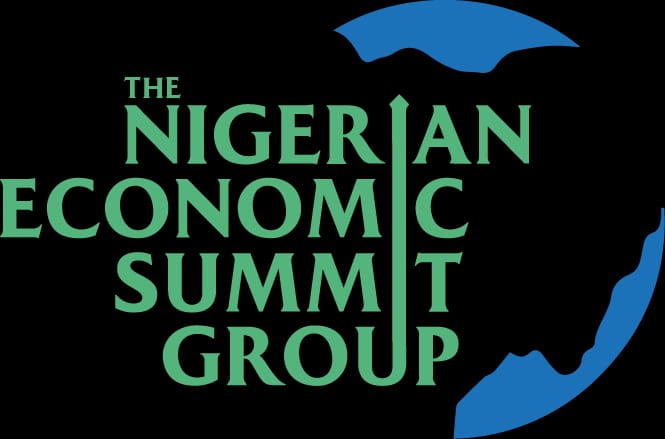As Nigeria navigates a challenging economic landscape under President Ahmed Bola Tinubu’s Renewed Hope administration, an important question arises: does the Nigerian Economic Summit truly benefit the everyday citizen? This annual gathering of policymakers, business leaders, and civil society aims to forge strategies for economic growth and development. However, the tangible impact of these discussions on the lives of ordinary Nigerians remains uncertain.
At its core, the summit is designed to improve economic policy direction, providing a platform for consensus among key stakeholders. While well-intentioned policies may emerge from these discussions, there is often a significant gap between policy formulation and real-world application. Will these policies translate into improved living conditions, job creation, and enhanced services for the average Nigerian? The answers remain elusive.
One of the summit’s primary goals is to increase private sector participation, which can drive innovation and entrepreneurship. However, for this participation to effectively translate into job opportunities, it must be accompanied by genuine support for local businesses and an enabling environment. Without addressing the numerous barriers that stifle growth—such as inconsistent infrastructure, high operational costs, and regulatory challenges—the benefits of private sector involvement are unlikely to reach the populace.
A critical issue that looms large over the summit is the rising cost of fuel. As fuel prices soar, the impact is felt across the economy, driving up transportation costs and exacerbating inflation. This rising cost of living poses a serious challenge for many Nigerians, particularly those in low-income brackets. If the summit cannot provide concrete solutions to mitigate the impact of rising fuel prices, its discussions may appear disconnected from the realities faced by everyday citizens. The government must address these fuel price hikes urgently and consider how policies discussed at the summit can alleviate the burden on families and businesses struggling to cope.
Moreover, the summit emphasises good governance, transparency, and accountability, yet these principles often falter in execution. Citizens frequently witness policies that are poorly enforced or mired in corruption. While the commitment to fostering international cooperation and attracting foreign investment is commendable, it raises a critical question: who truly benefits from these investments? If profits do not trickle down to the local economy or result in improved community conditions, the summit’s goals may remain abstract ideals rather than practical realities.
The focus on inclusive growth is another crucial aspect of the summit. The premise that economic development should benefit all Nigerians, regardless of socioeconomic status, is laudable. However, history has shown that economic policies often favour the elite, leaving vulnerable populations behind. For the summit to have a meaningful impact, it must ensure that discussions lead to actionable plans that prioritise the needs of marginalised communities, enabling them to participate in and benefit from economic opportunities.
Recent economic indicators, such as the rise in the consumer price index (CPI), underscore the urgency of these discussions. Inflation is a pressing issue affecting everyday Nigerians, with rising costs for essential goods and services. The summit must address how its policies will combat inflation and ensure that citizens can afford basic necessities. Merely discussing economic theories and strategies will not suffice; there must be concrete plans to alleviate the financial burden on the populace.
While the Nigerian Economic Summit undoubtedly serves as a vital platform for dialogue and strategy formulation, its true value will only be realised when discussions lead to actionable outcomes that improve the lives of Nigerians. The federal government and relevant stakeholders must prioritise effective and transparent implementation of these policies. Citizens deserve more than lofty goals; they deserve tangible benefits that translate into improved living conditions, economic opportunities, and a brighter future.
Thus, while the Nigerian Economic Summit holds promise for shaping the nation’s economic trajectory, its success hinges on its ability to deliver real benefits to the populace. The summit must move beyond rhetoric and demonstrate its commitment to the people it aims to serve.
Only through genuine action and accountability can the summit fulfil its potential as a catalyst for meaningful economic transformation in Nigeria, ultimately ensuring that all Nigerians share in the benefits of growth and development. Addressing urgent issues like rising fuel prices will be critical in achieving this goal and restoring hope for the everyday citizen.

